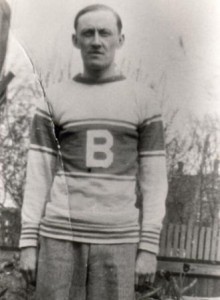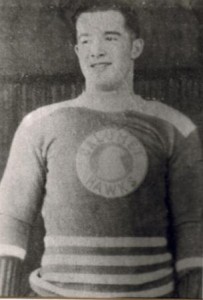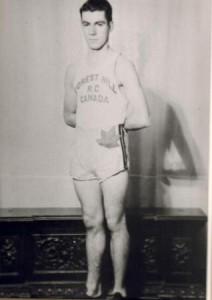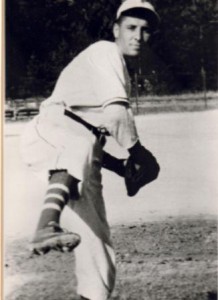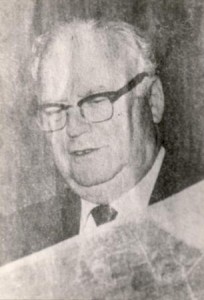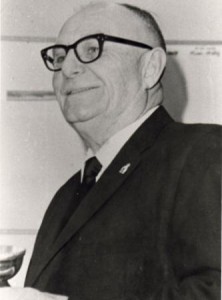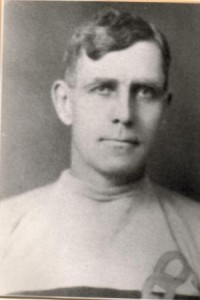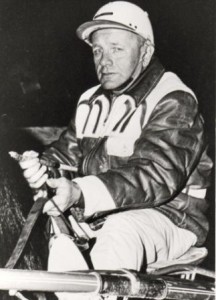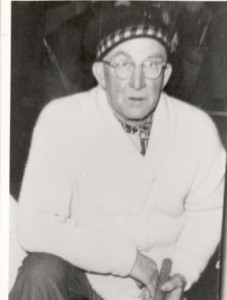 Jack (aka John) Rowe was not only one of Collingwood’s greatest and best known athletes, at the age of 90, he was still an important cog in this town’s sporting fraternity.
Jack (aka John) Rowe was not only one of Collingwood’s greatest and best known athletes, at the age of 90, he was still an important cog in this town’s sporting fraternity.
Born of a pioneer Collingwood family in 1885, he was on the active sports scene for
almost three quarters of a century. Apart from numerous team sports, he will be
remembered mostly for his success as a long distance runner. He once defeated
Billy Steel in a ten-mile race at Barrie and Steel represented Canada
in the 1908 Olympics.
Jack and two other outstanding Collingwood runners, Ancil Williamson and Hec Lamont, once ran an exhibition five-mile race against the legendary Tom Longboat, Canada’s greatest distance runner. The race took place sixty-five years ago right here
in Collingwood in the old Pine Street rink. We won’t go into the details, but the
Collingwood trio running as a relay team and with the assistance of a little skull duggery, defeated the peerless Indian runner.
Jack’s best game was lacrosse. We saw him play his last game against Alliston at the
age of forty-eight. To say he held his own that evening would be a bit of an
understatement. Collingwood won the game 5-4 and Mr. Rowe scored four goals,
including the winner.
For forty years he was a landmark on Collingwood ball diamonds as a player,
manager, umpire and as president of the softball league no fewer than six
times.
He played on Collingwood’s first basketball team, re-organized and served as
president of the Town Hockey League. Few people know of his boxing ability but
he has a gold medal to prove it. In 1917, Sergeant Jack Rowe, representing the
157 Battalion, won the Fourth Canadian Division Welterweight title. Ten years
ago, at a testimonial dinner, Bill Akos presented a new trophy to Blue Mountain
Softball League. It was named the Jack Rowe Trophy. Just a small tribute to a
man who played such a major part in Collingwood’s sporting history.

